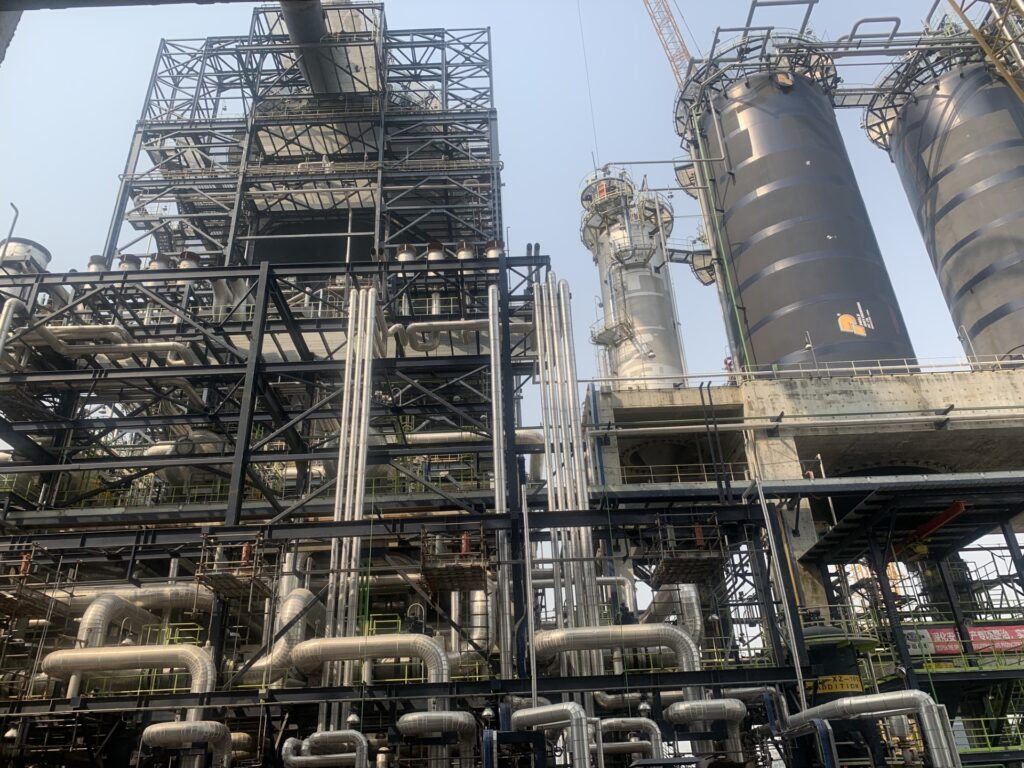The Management of Dangote Industries Limited has condemned in strong terms an online report on the quality of its diesel which is being supplied to the Nigerian market.
The Dangote Group described the allegation as false, baseless, and mischievous, stating that its refinery is designed to produce the highest quality petroleum products that meet very stringent international specifications.
A statement signed and issued by Anthony Chiejina, Company’s Spokesperson, made available to newsmen, stressed that “publications indicating that we are producing high sulphur diesel are mischievous and designed to tarnish the image of our reputable organisation.”
Chiejina added that “the false and misleading allegations made by some media outlets that the Dangote Refinery is producing substandard diesel which is why it reduced the price by 37 per cent, is baseless and mischievous.
“Until late last year, diesel imports into Nigeria were up to 7,000 parts per million (ppm) of sulphur which has been going on for many years. Our diesel is produced currently at significantly lower levels of sulphur; as such, we find baseless the allegation that the reason for reduction is linked to quality. What we are producing is 80% better than what is being imported into the country.
- “Another inaccurate assertion is that medium-level sulphur diesel is meant for off-road use. This is a completely false statement as this would have invariably meant that all the imports for the last 20 years have been damaging equipment.
- “Thirdly, diesel imports for the high sulphur grade have been at significantly higher prices until we started operation. If indeed high sulphur diesel is sold at lower prices, how come we never saw the lower prices until now?”
The group’s spokesperson affirmed that the real reason behind the Dangote diesel price reduction was principally due to the patriotism of the management to the nation as well as prevailing market dynamics of supply and demand.
- “As the largest single-train refinery in the world, the Dangote refinery has a production capacity of 650,000 barrels per day, which is more than enough to meet the domestic demand of Nigeria and export to other countries’ economies.
- “We would like to reiterate that the Dangote Refinery is designed to produce high-quality diesel that meets the national and international standards, and that the price reduction is a reflection of our efficiency and competitiveness. We are optimistic that by Q2/Q3, our diesel will have 10 ppm of Sulphur.
- “We urge the public to disregard the false and malicious allegations made by some media outlets. The Dangote Refinery is committed to delivering the best products and services to the Nigerian people, and to contributing to the development and growth of the Nigerian oil and gas sector,” Chiejina said.
He noted that traders in the West, who supply the Nigerian diesel market cannot be happy, Dangote refinery has taken away their market.
Recall that a recent report by Bloomberg noted that Dangote oil refinery is slowly grinding into gear.
It added that Dangote has been shipping products in recent weeks while readying two units to enable petrol output that will deliver a long-promised transformation of the fuel market both in Nigeria and the region, according to analysts.
- “Dangote is going to influence Atlantic Basin gasoline markets this summer and for the rest of the year.
“When the Residue Fluid Catalytic Cracking (RFCC) comes online, that’ll really shake things up because it alters the West African gasoline (petrol) supply balance,” said Alan Gelder, Vice President of Refining, Chemicals, and Oil Markets at the consultancy firm, Wood Mackenzie.
